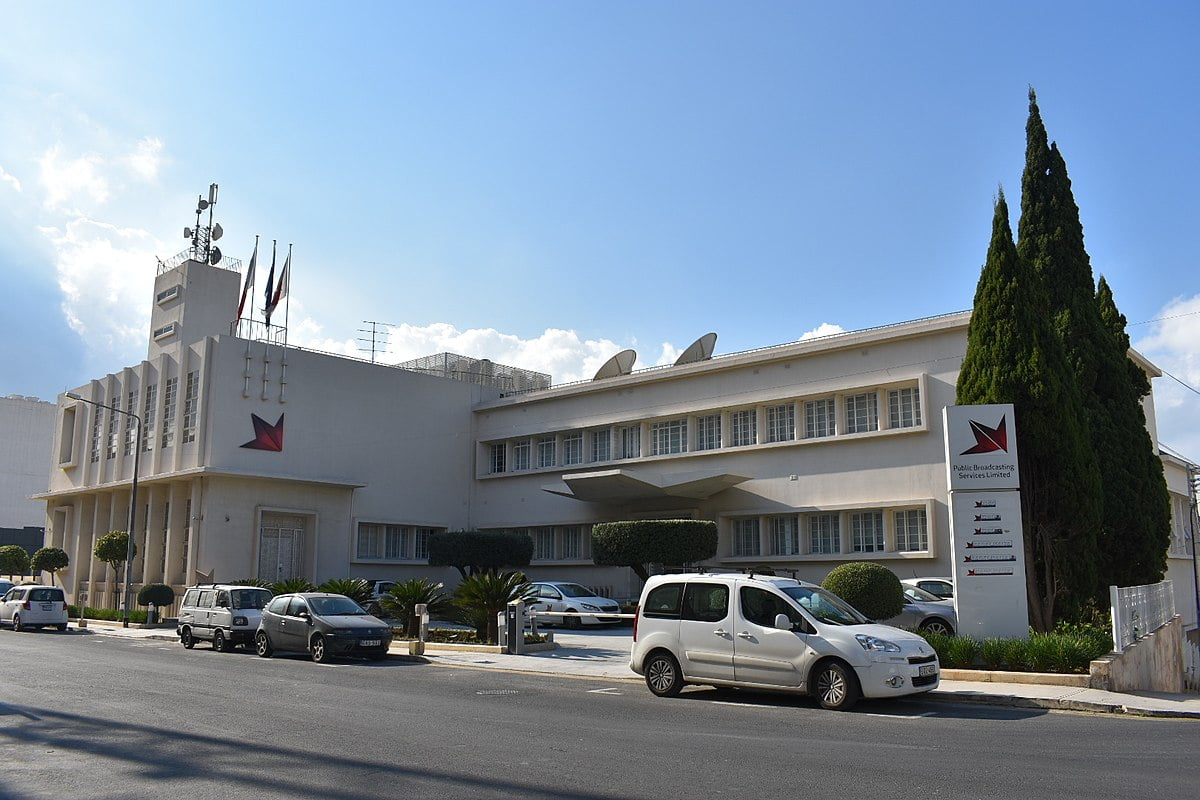A ruling by the Broadcasting Authority (BA) this week has made the broadcast media situation even more perverse.
In the ruling, in which the BA started barring journalists from asking questions of political leaders during press conferences broadcast live on TVM reveals two flaws in Malta’s broadcasting media: A law that defines impartiality partly as the apportioning of airtime, and a broadcasting media split between the political parties.
The ruling was made after PN leader Adrian Delia complained about a lack of partisan balance during a press conference on COVID-19. The BA felt compelled to act, particularly because the press conference was published broadcast live on TVM.
The BA decided that since the impartiality arose while journalists were asking questions, the way forward was to ban journalists’ questions during such broadcasts.
The ruling has provoked widespread incredulity and denunciation. Worse still, this creates no balance at all because the ruling party still retains greater leverage through control of the public broadcasting network, TVM.
The BA based its decision on Article 119 of the Constitution that conflates impartiality with airtime. It specifies that the function of the BA is “to ensure” impartiality in a broad manner. It adds “broadcasting facilities and time are fairly apportioned between persons belonging to different political parties.”
This law, as well as the culture of political party duopoly that afflicts Malta, has led to the bizarre situation in which balance is supposedly achieved by the political parties having their own TV and radio stations – hence a situation in which their propagandist stations balance out each other – and then also enforcing airtime allocation between the parties on TVM.
This allows the parties to dominate broadcasting media via their respective stations, and then again on State TV – in the process insidiously drowning out more rigorous journalism, and ultimately undermining the public’s right to information via public service journalism.
Even if the country had to accept this theoretical sense of balance as logical, which it is not, it would still be a false balance because in reality TVM’s partisan slant is controlled through key editorial appointments, as well as the selection of members on the Board of Directors.
For example, the recent appointment of Norma Saliba as news editor has raised questions about her impartiality. The Board of Directors unanimously endorsed Saliba’s appointment.
Two weeks into the job, Saliba has become embroiled in a controversy over whether TVM news devoted proper coverage to the arraignment of Aldo Cutajar, consul general to Shanghai (China), on money laundering charges.
In the latest edition of the Media Pluralism Monitor, published last month, the point is made on political influence on public broadcasting: “PSM [Public Sector Media] is particularly vulnerable to political influence. The government has a significant and direct influence on the PSM, in view of the fact that members of its Board of Directors, as well as its Editorial Board, are appointed by the State.”
The Media Pluralism report issued a high risk score of 83%, under the category “Independence of PSM Governance and Funding”.
While the BA’s ruling this week addresses the issue narrowly through the allocation of airtime in a particular case, the proverbial elephant in the room – TVM’s lack of impartiality and the lack of political independence of the media – remains unaddressed.
Impartiality is not something that can be reduced to (or measured by) airtime. The BA also has a duty arising from the Constitution to guide the evolution or development of impartiality strategically towards accepted international standards.
In particular, while strict apportioning of airtime is something that’s expected and widely upheld in public broadcasting stations when it comes to political broadcasts in run-ups to elections, in which even a balance is struck in the line-up of journalists, it is usually limited to that context.
In this case, it seems odd that the BA should have concerned itself with the supposed partisan balance of questions and answers in a health-related press conference.
Being objective or impartial means observing the rules of fair reporting while still permitting journalists to take an angle on a story and interpret the story for the audience or readers. The angle is partly defined by a journalist’s perceptions and understandings, and partly by the editorial slant of the media outlet.
Having an editorial policy or slant is fine, as long as it is transparent – and as long as it’s not driven by narrow commercial or partisan interests, at which time it becomes a risk to media freedom, which is something pervasive in Malta and well documented.
Party media is a disservice to journalism precisely because it is partisan. It would be acceptable if the slant had to be ideological, say liberal or conservative.
Far from creating any semblance of impartiality, the ruling by the BA has made the broadcast media situation more perverse.
It is also an indictment of the BA’s inability to rise above the political duopoly and the almost complete capture of the broadcasting media by the two political parties. The BA’s members are themselves appointed by the Parties.
Only a complete overhaul of the law and media setup can take us out of the dangerous situation in which political parties undermine media freedom.
As a start, that would mean banning political party media ownership, creating a structure to ensure true autonomy of public broadcasting from the government of the day, and reforming the BA, as well as redefining its roles, to make it a body composed of experts, not Party appointees.












